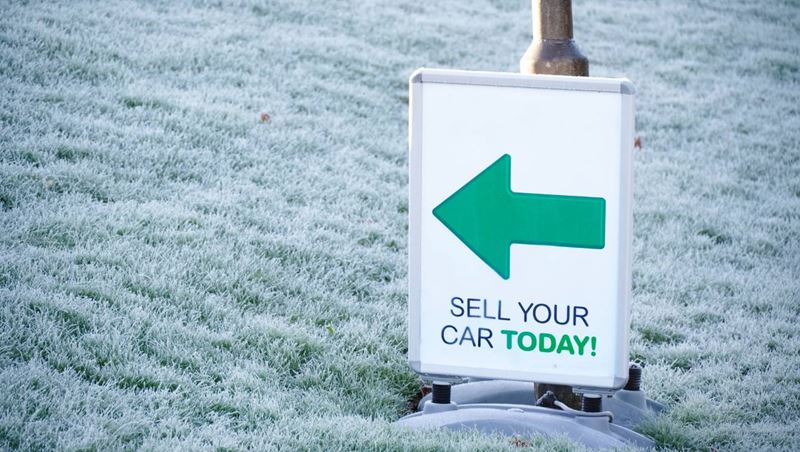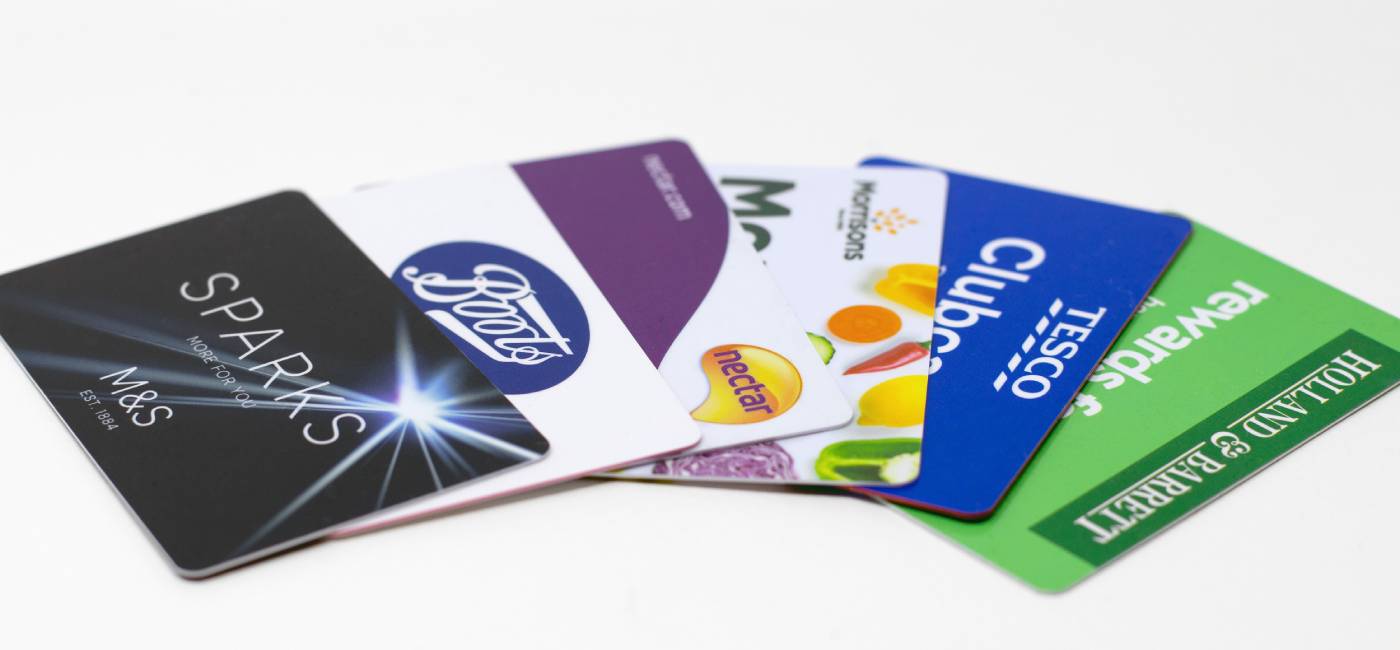
Whether you’re replacing your car, giving up driving or managing a relative’s estate, selling a car yourself can feel daunting. But it doesn’t have to be.
This step-by-step guide explains how to sell a car personally – from setting a fair price to choosing where to sell it and staying safe from scams.
What’s on this page?
Start by ensuring the car is clean, roadworthy and presentable. A recent service or MOT can reassure buyers there are no problems. Give the car a thorough clean inside and out or, even better, get it professionally valeted. Don’t forget to delete personal data from the car, such as home addresses in the satnav, and unlink Bluetooth devices.
Once it’s clean, check for any scratches and dents. Minor repairs might help the car sell faster – but only spend if it adds value.
Simon Williams, head of policy at the RAC, says: “Cosmetically, buyers have different expectations. If it’s an expensive or premium car, kerbed wheels or minor scratches might put people off. On a cheap runaround, they’re less of an issue – provided you’ve accounted for them in the price.”
If you're planning to sell privately or online, take clear, well-lit photos showing the car from all angles, inside and out.
To sell a car you’ll need some documents including the V5C logbook (a document issued by the DVLA which confirms the vehicle’s registration), MOT certificate, service history and proof of your ID. If you’re selling on behalf of a deceased relative, you’ll also need a death certificate and written permission from the estate’s executor.
To get an idea of the price you can sell your car for, you need to do some research. Start by looking up the same make and model of car with similar mileage on eBay, Autotrader and AA Cars. That will give you an idea of what your car may fetch. It’s also worth checking what local dealers are selling similar cars for.
You can also get a free valuation from car sales firms such as Motorway, We Buy Any Car and Cazoo. Online valuation tools will usually give you an instant estimate, based on submitting details like your car number plate, mileage and condition.
Be realistic about price, especially if your car has a high mileage, cosmetic damage or it doesn’t have a full service history. A full service history means you’ve got all the documents required to prove that the car has been maintained according to the manufacturer’s service schedule, along with paperwork for any repair work.
If you don’t have that, then a partial history, including receipts for any recent work, is still better than nothing.

Once you’re ready, the big decision is whether to sell a car privately or use a professional car-buying service such as We Buy Any Car or Motorway. Selling privately – via eBay, Facebook Marketplace or Auto Trader – can sometimes get you a higher price, but it takes more time and effort.
There are risks to consider too. Motoring expert Quentin Wilson warns: “These days selling a car privately is a minefield, with so many scammers and fraudsters, giving out your home address and having complete strangers come to your house and test drive your car carries a risk.” Criminals have stolen cars during the test drive or cloned keys to come back later and take the vehicle.
“Even being paid is risky,” he adds. “There have been many cases of innocent private sellers giving out their banking details thinking they’ve been paid electronically for their car, only for the money to later disappear from their account and never seeing the car again.”
The alternative is to use one of the many car-buying companies that now exist and are considered a safe way to sell your car. We Buy Any Car, Motorway and Carwow are all popular, especially for people who don’t want the stress of dealing with strangers or handling the sale themselves.
We Buy Any Car will offer you a price for your car and if you agree, will buy it on the spot. Motorway and Carwow send your car’s details to thousands of dealers then send you the highest offer.
“You might get slightly more from a private buyer, but in my experience the price that car buying companies pay is usually very close to what you’d get in a normal private sale,” says Willson. “More importantly it’s risk-free, safe, doesn’t involve waiting for buyers who say they’re coming but never arrive, and a deal can be done the same day.”
If you decide to sell your car privately, there are steps you can take to reduce the risk and keep yourself safe. Older sellers can sometimes be targeted for scams, so it’s worth being cautious.
Once you’ve sold the car there is still some admin to do to ensure you’re no longer legally responsible for it. You must tell the DVLA that you’ve sold the car, so that you are not liable for future parking tickets or tax. They will also refund any remaining car tax you had paid for the year.
Finally, cancel your car insurance. You don’t want to end up paying to protect a car you no longer own. But make sure you don’t cancel the insurance until the sale is complete and the car is no longer yours.
Selling a car doesn’t have to be stressful. If you’re cautious and take sensible precautions it should be a straightforward process. Whether you sell privately or use a company, the key is to be prepared, realistic about the price and mindful of the risks. Taking the time to prepare your paperwork and get the car in order will allow for a quick sale at a fair price.


The UK’s top loyalty schemes, from Tesco and Asda to M&S Sparks and MyWaitrose.


